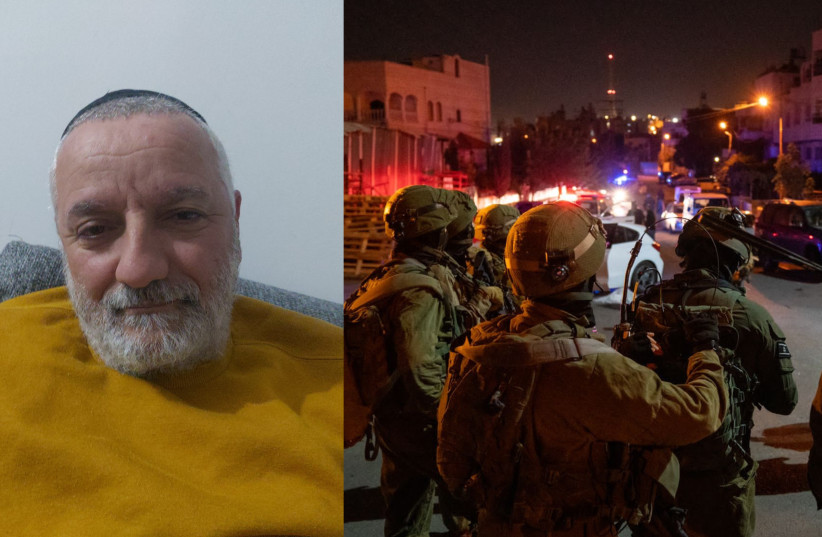We are now the day after the election, and the results are still coming in. By now, we have an idea who has the best chance of forming a government, who cannot, and who might become the prime minister.
In the end, we have to remember that there is a day after, and that no matter what government will be formed – or even if there will not be one – the country does need to keep moving forward. Israel needs to keep advancing and the people here need to continue to enjoy lives that are secure, prosperous and fulfilling.
Besides the political problems within our country, we have plenty along our borders.
Israel's problems along its borders
The recent gas deal with Lebanon might have prevented an escalation with Hezbollah, but that conflict is probably just a matter of time. The Iranian-backed terror group has accumulated more than 100,000 missiles and rockets for the sole purpose of attacking Israel.
Hamas might be quiet today, but it has not abandoned its desire to destroy the Jewish state. As Anna Ahronheim reported in The Jerusalem Post on Tuesday, this year is shaping up to be the year with the highest number of Israeli casualties due to terrorism since the so-called “Knife Intifada” in 2015.

According to the Shin Bet internal security service, there have been 2,204 terror attacks in the past year that claimed the lives of 25 people, including one on Saturday night in Hebron.
And, of course, above all is Iran, which might be preoccupied today with the protests that have erupted across the country. But we should not fool ourselves: The ayatollahs have not given up their ambition to obtain a nuclear capability.
And then there is the global economy. As Zachy Hennessey reported last week, hi-tech companies in Israel are beginning to panic as the world heads into an economic downturn. In one week, more than 700 workers were laid off.
Israel needs a stable and serious government
It is within this context that we need to look at the last five rounds of elections over the past three-and-a-half years. On the one hand, there is no question that they have had a corrosive effect on Israeli society; life sometimes feels like it has been taken over by the question of “yes, Bibi; or no, Bibi.” When people live in a society that is torn for a protracted period of time, there is little good that can come from that situation.
Which is why Israel needs a stable and serious government. Whatever the results might be (this editorial is being written before the results are final) we need to urge our newly elected politicians to ensure that they put the country first, before themselves and their personal agendas, whatever they might be.
In a few days, we will mark the 75th anniversary of the UN vote on the partition plan, the end of the British Mandate and the establishment of the Jewish State of Israel. A few months later, we will celebrate 75 years of independence and sovereignty in our ancient homeland.
How do we want to spend the next few weeks and months? In another election campaign that again pits one person against the other? Or with a government in Jerusalem that is thinking about how to ensure more people don’t lose their jobs; that is making sure that the global recession is not as bad in Israel; and that is preventing our enemies from perceiving us as weak and can be attacked.
To prevent another election, our politicians will likely need to be creative in the way they form the next government. There might be one or two clear options or other possibilities that are not yet evident.
That is, for example, how the last government came into being. Some people – whether you like them or not – felt that the stagnation cannot continue and something had to change. They took the initiative and tried to move the country out of the political quagmire and toward a better future.
This is what Israel needs now – politicians who care for the country, who want to keep it moving forward, and who understand this moment we are now facing in our national history.
Let the coalition talks begin.
